CRISPR Gene Editing Will Be Used Inside Humans For the First Time in Treatment for Blindness
The first study to test the gene-editing technology CRISPR inside the human body is about to get underway in the United States, according to news reports.
Start-Up to Use Stem Cells for Hearing Loss
A new enterprise in the U.K. is creating treatments with stem cells to repair damaged nerve cells in the inner ear that causes hearing loss.
A new way to wind the development clock of cardiac muscle cells
These days, scientists can collect a few skin or blood cells, wipe out their identities, and reprogram them to become virtually any other kind of cell in the human body, from neurons to heart cells.
Stem cells make more cargo packets to carry cellular aging therapies
Johns Hopkins scientists report that adult cells reprogrammed to become primitive stem cells, called induced pluripotent stem cells (iPSCs), make tiny "cargo packets" able to deliver potentially restorative or repairing proteins, antibodies or other therapies to aged cells.
Japan approves first human-animal embryo experiments
A Japanese stem-cell scientist is the first to receive government support to create animal embryos that contain human cells and transplant them into surrogate animals since a ban on the practice was overturned earlier this year.
Cross-Regulation between TDP-43 and Paraspeckles Promotes Pluripotency-Differentiation Transition
RNA-binding proteins (RBPs) and long non-coding RNAs (lncRNAs) are key regulators of gene expression, but their joint functions in coordinating cell fate decisions are poorly understood
A step toward recovering reproduction in girls who survive childhood cancer
Leukemia treatments often leave girls infertile, but a procedure developed by researchers at the University of Michigan working with mice is a step toward restoring their ability to be biological mothers.
Researcher studies incurable blood disease usually diagnosed in children
Most people with Fanconi anemia are diagnosed before they turn 12 but dont live past 30. Wei Du—a researcher in the WVU School of Pharmacy and the WVU Cancer Institute—is exploring the metabolic processes the underlie this form of anemia. Her findings may lead to new gene therapies that help patients live better, longer.
Researchers discover new disease
A new immunodeficiency disease caused by a novel genetic mutation has been identified by researchers at the University of Colorado Anschutz Medical Campus providing unique insights into cell biology.
Rare genetic change provides clues to pancreas development
Researchers have discovered a key clue into the development of the pancreas and brain by studying rare patients born without a pancreas. The study from the Wellcome Sanger Institute, the University of Exeter and collaborators also identified a previously unexpected pathway involved in the development of the human pancreas, and confirmed this in mice.


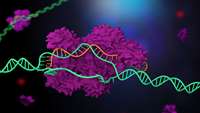
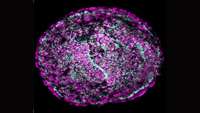
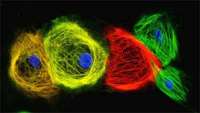
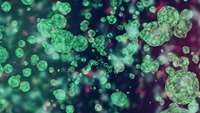
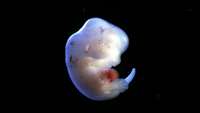
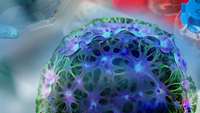
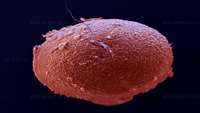
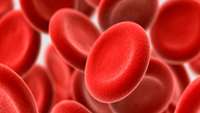

_134328.jpg)
